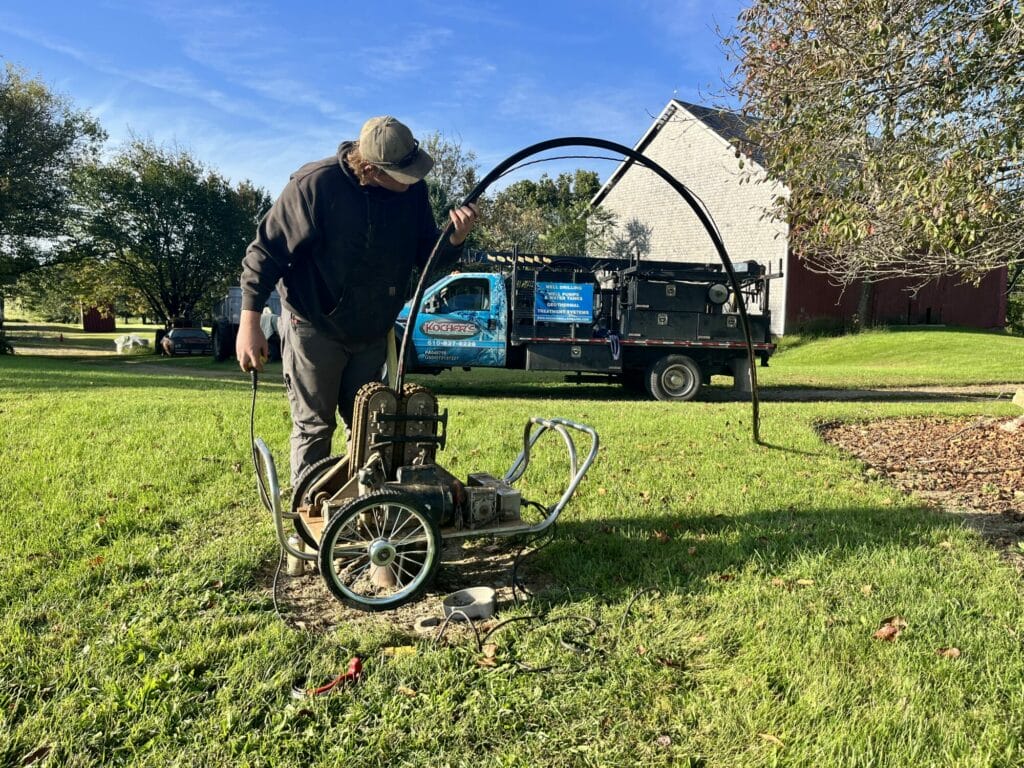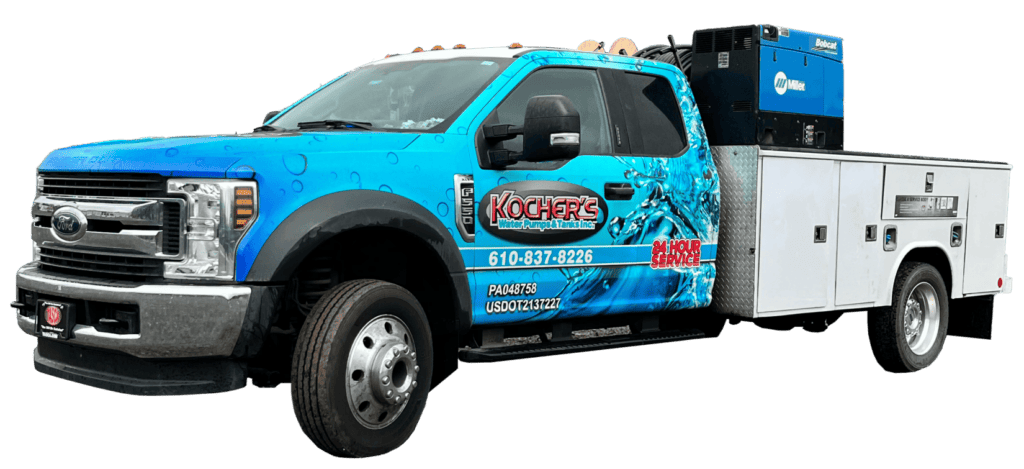At Kocher’s Well Drilling, we specialize in geothermal technology, a renewable energy source that offers a substantial reduction in greenhouse emissions compared to traditional sources such as coal and natural gas. Geothermal energy plays a vital role in our strategy for a sustainable future.
What You Will Discover
- Substantial Reduction in Emissions: Explore how geothermal, much like solar energy, drastically reduces emissions compared to conventional technologies.
- Renewable and Consistent: Delve into how the continuous nature of geothermal energy, as a type of renewable energy source, provides a dependable supply.
- Environmental Stewardship: Learn about the practices that minimize environmental impacts during the production and use of geothermal energy.
This article aims to outline the environmental advantages of geothermal energy, emphasizing its role in reducing our carbon footprint and detailing its sustainable characteristics, while also addressing the minimal environmental considerations necessary for its implementation.
Geothermal Power Plants: Environmental Considerations
Geothermal power plants tap into underground reservoirs of hot water or steam. These reservoirs are accessed through drilled wells. The hot fluids rise to the surface due to natural pressure or are pumped up. The geothermal fluid then travels through a heat exchanger to vaporize a secondary fluid, typically water. This high-pressure steam spins a turbine, which generates electricity.
While geothermal energy is a renewable resource and emits far fewer greenhouse gases than fossil fuels, it’s not without an impact. Let’s delve deeper into both the positive and negative effects of geothermal energy on the environment.
Renewable Energy Powering a Greener Future
- Reduced Emissions: A significant benefit of geothermal energy is its role in combating climate change. Geothermal power plants don’t burn fossil fuels, resulting in minimal emissions of carbon dioxide, a major contributor to global warming. According to the U.S. Department of Energy (DOE), geothermal plants emit up to 99% less carbon dioxide than fossil fuel power plants of similar size.
- Renewable Geothermal Resource: Unlike traditional fuels which are a finite resource, geothermal heat is constantly replenished by the Earth’s internal processes. Geothermal reservoirs can provide a sustainable source of energy for decades, especially when reinjection practices are employed. Reinjection involves returning used fluids back underground, helping to maintain reservoir pressure and minimize ecological impacts.
Geothermal Resource and Responsible Development
- Land Use and Disruption: Constructing a geothermal plant requires land, which can disrupt wildlife habitats and scenic landscapes. However, the footprint of one is generally smaller than that of a traditional fuel power plant. Kocher’s Well Drilling works closely with landowners and adheres to strict environmental regulations to minimize land-use impacts.
- Water Consumption and Contamination: Geothermal power plants use water for various purposes, including steam production and cooling. Water usage is carefully managed to avoid depleting local water resources. Modern plants employ closed-loop systems or reinjection wells to significantly reduce the risk of water contamination from geothermal fluids.
- Air and Noise Pollution: Small amounts of non-condensable gases like hydrogen sulfide may be released. They can have a foul odor and be harmful to human health in high concentrations. Modern plants utilize scrubbers to remove them, significantly reducing emissions. You can find more information on this technology in air control systems on the U.S. Environmental Protection Agency (EPA) website. Geothermal drilling and plant operations can also generate noise pollution. However, these impacts are temporary and mitigated through proper planning and construction techniques employed by Kocher’s Well Drilling.
Beyond Power Generation: Geothermal Heat for Direct Use
Geothermal energy can be used for heating and cooling purposes without electricity generation. This direct use of geothermal energy is a highly efficient and environmentally friendly way to heat buildings, greenhouses, swimming pools, and industrial processes. Geothermal heat pumps can also leverage the constant ground temperature to provide efficient heating and cooling for homes and businesses. They also reduce reliance on carbon-based fuels, further contributing to lower emissions.
Balancing Environmental Impact with Sustainability
The geothermal industry is subject to environmental regulations that help minimize the environmental footprint of geothermal projects. Kocher’s Well Drilling adheres to these regulations and industry best practices to ensure the sustainable development of geothermal resources. Here are some examples:
- Site selection: Choosing locations with minimal ecological impact.
- Closed-loop systems or reinjection wells: Minimizing water use and preventing water contamination.
- Emission controls: Employing scrubbers to control air emissions.
- Noise mitigation: Implementing noise reduction measures during construction and operations.
- Land reclamation: Restoring disturbed land after construction.
The Future of Geothermal Energy
Geothermal energy offers a promising path toward a cleaner energy future. By embracing responsible development practices and technological advancements, we can further minimize environmental impacts and make geothermal energy an even more attractive option for clean and sustainable energy generation.
Thinking Geothermal? We Can Help
At Kocher’s Well Drilling, we’re committed to providing reliable and sustainable geothermal solutions. If you’re interested in exploring geothermal energy for your home or business, contact us today for a free consultation. Our experienced team can help you determine if geothermal is right for you and guide you through the process.




